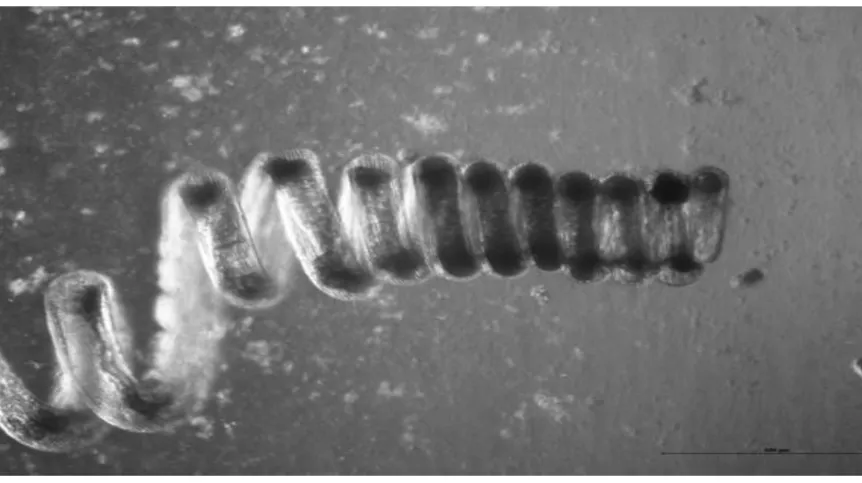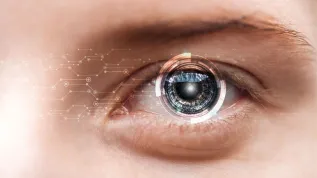
Parasitic proteins with therapeutic potential that can change the treatment of autoimmune and inflammatory diseases, such as Crohn's disease or MS, have been identified by Katarzyna Donskow-Łysoniewska, PhD, from Lazarski University.
The team led by Katarzyna Donskow-Łysoniewska, PhD, from the Department of Experimental Immunotherapy at Lazarski University has been studying proteins produced by parasites - intestinal roundworms - for over a decade. These proteins are called mimics.
They imitate human proteins, and their action consists in inhibiting excessive reactions of the immune system. They do not exhibit toxicity. 'Mimics are a natural effect of evolution. For millions of years, parasites had to learn to survive in the host's body, avoiding attack and burdening its immune system. To do this, they synthesize proteins that imitate natural proteins of the human body, thanks to which they prevent inflammation', says Donskow-Łysoniewska, quoted in a press release sent to PAP.

According to the World Health Organization, inflammatory diseases, including autoimmune diseases resulting from excessive and abnormal activity of the immune system, affect over 500 million people worldwide. These diseases include Crohn's disease, multiple sclerosis (MS), and psoriasis.
One of the priorities of Donskow-Łysoniewska's team is the development of therapy for Crohn's disease - an inflammatory bowel disease that affects millions of people. Based on data from 2023 and 2024, approx. 60,000 people suffer from non-specific inflammatory bowel disease (IBD) in Poland alone, of which 15-20,000 patients struggle with Crohn's disease.
It most often affects young people. Approx. 70% of patients are under 35 years old. This disease was first described in 1904 by Polish physician Antoni Leśniowski. Currently, there is no therapy that would allow to cure it completely. The available methods only alleviate symptoms, but they are associated with side effects, such as weakening the effectiveness of the immune system and problems with concentration.
'Our first mimic, which we tested on the Crohn's disease model, showed very promising results. The second one, on the other hand, has strong immunomodulatory properties that can be used in the treatment of diseases such as multiple sclerosis and psoriasis. These diseases significantly decrease the quality of life of patients and require long-term treatment', the researcher explains.
In her opinion, the possibility of offering targeted therapy that does not cause side effects and is safe when used for a long time would be a huge breakthrough in medicine. Global Data reports indicate that psoriasis affects 2-3% of the world's population, and 42.3 million new cases of this disease were diagnosed in 2019 alone. In turn, a total of about 2.9 million people worldwide live with multiple sclerosis (data from MS International Federation).
Katarzyna Donskow-Łysoniewska plans to acquire funding that will allow her team to carry out further work on mimics and conduct preclinical and clinical trials, which may result in the introduction of new therapies to the market. The researcher is also considering cooperation with larger entities from the pharmaceutical industry. (PAP)
PAP - Science in Poland
jjj/ zan/













